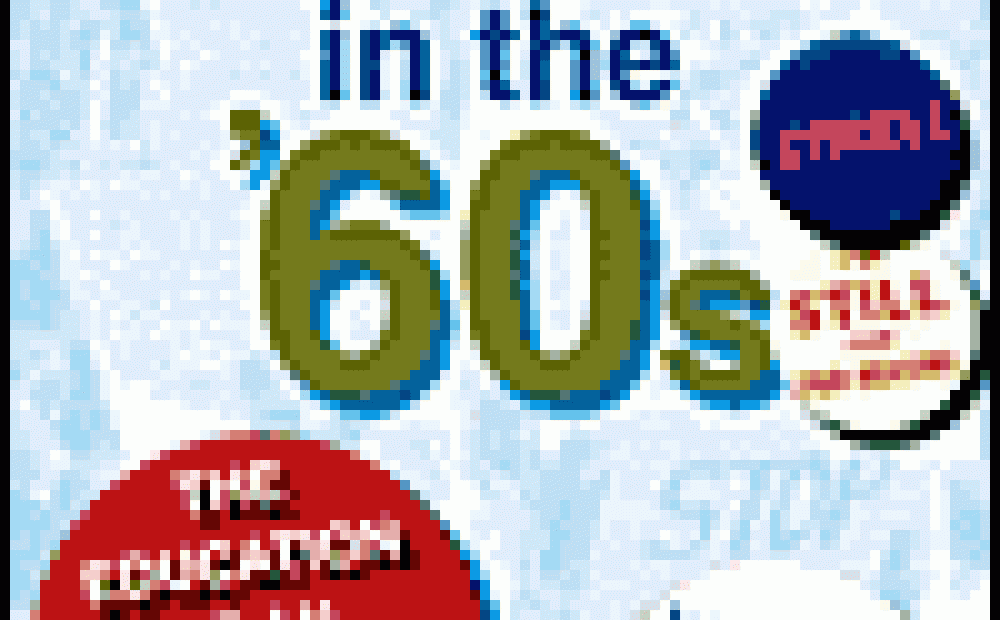<i>At Berkeley in the Sixties: Education of an Activist, 1961-1965</i>

In May 1960, the House Un-American Activities Committee (HUAC) held a series of hearings in San Francisco, subpoenaing suspected communists. One of the subpoenaed individuals was a student at the University of California at Berkeley, whose friends arrived at the hearings determined to get inside, hear what the committee had to say, and protest HUAC's scare tactics. On the first day of the hearings the protesters were fire-hosed; on the third they returned with thousands of longshoremen, and HUAC left San Francisco, never to return. Based on the footage taken at these protests, initially aired to prove that police action had been justified, a generation of young people came to view Berkeley as "activist central." The tension generated by the conflict created an atmosphere in Berkeley that was hostile to the civil rights movement and to the expression of new political ideas in general. The hostility and suppression of speech it engendered would in turn lay the foundation for the Free Speech Movement.
Freeman told the audience at the launch of her new book, At Berkeley in the '60s: The Education of an Activist, 1961 – 1965, hosted by the Division of United States Studies on February 3, that her political identity was fundamentally shaped by her first-hand interaction with activism. In 1963 and 1964, she said, the civil rights movement came to the Bay Area "in a big way." Some 500 demonstrators were arrested (including 150 UC Berkeley students-—and Freeman herself, not once but twice) during protests against employers who discriminated against African-Americans. The demonstrations and arrest, Freeman said, became her and other students' basic school in social activism. More importantly, the unrest on the Berkeley campus was strengthened by then-candidate Ronald Reagan's use of the Free Speech Movement as a campaign issue in the 1966 gubernatorial election and the firing of University of California-Berkeley President Clark Kerr almost immediately upon Reagan's election. What the students did, they quickly learned, mattered in the world outside the campus.
A little bit of compromise on the part of the Regents of the University of California, Freeman suggested, would have killed the Free Speech Movement. The Regents, however, feared that compromise might lead to their being blacklisted themselves by HUAC or its state counterpart, and so they maintained a hard line. In their pursuit of "subversives," the Regents failed to realize that the New Left was being born as a result of outrage against violations of civil rights and civil liberties, and that much of the New Left was engaging in the most American of activities: political speech and public discourse. Instead, the Regents portrayed the uproar and turmoil of Berkeley in the 1960s as the product of communism and other "Un-American Activities."
Commentator David Armor, who in 1960 was the first student body vice-president elected on the SLATE (progressive student group) ticket, agreed with Freeman that the Regents had misstepped. He seconded Freeman's assessment of the Regents' errors. They provided the Free Speech Movement with martyrs and sympathy, he suggested, by underestimating the depth of feeling on the part of students determined to hold out for a real voice on the campus. Armor thought that greater attention might be paid to the long-term consequences of the Free Speech Movement, and drew an analogy to the current political correctness movement on American campuses. He noted the similarity of speech codes in the 1960s and the 1980s-1990s and the paternalism implicit in the universities' attempts to shield students from certain ideas and speech. Freeman's book, he said, could be used as an example of how university administrations should not deal with student protests, and he expressed a fear that the lesson might not have been learned as thoroughly as it could and should have been.
Drafted by Ann Chernicoff
Philippa Strum, Director of U.S. Studies (202) 691-4129